principles and requirements of assessment 1.1 Explain the functions of assessment in learning and development 1.2 Define the key concepts and principles of assessment 1.3 Explain the responsibilities of the assessor 1.4 Identify the regulations and requirements relevant to assessment in own area of practice 2 Understand different. Introduction. Assessment is a vital and powerful force in teaching and learning. Assess-ments shape what individuals learn and what educators choose to teach. The feedback inherent in any form of assessment has a significant educational role shaping motivation and future learning. Assessment of the healthcare.

1.1 Explain The Function Of Assessment In Learning And Development

Function, Key Concepts and Principles of Assessment Educating UK
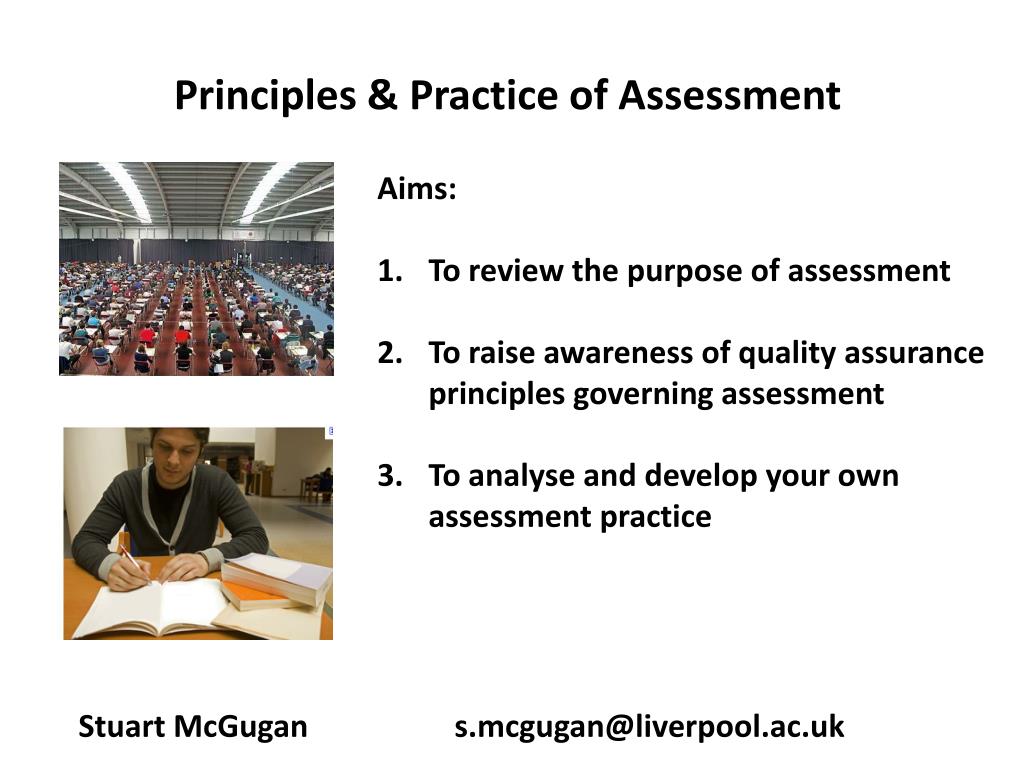
PPT Principles & Practice of Assessment PowerPoint Presentation ID2815308

Some great guiding principles for implementing assessment for learning in the classroom
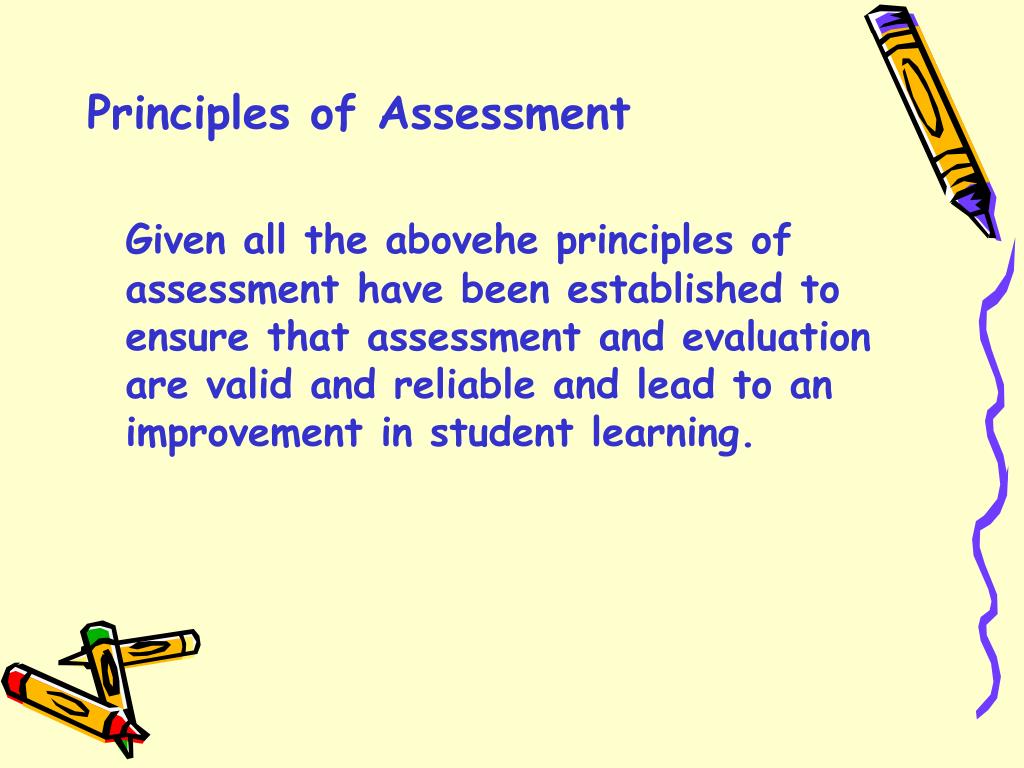
PPT Principles of Assessment PowerPoint Presentation, free download ID6411363

PYP Column Issuu

Scientific Managementit's meaning and principles Tutor's Tips
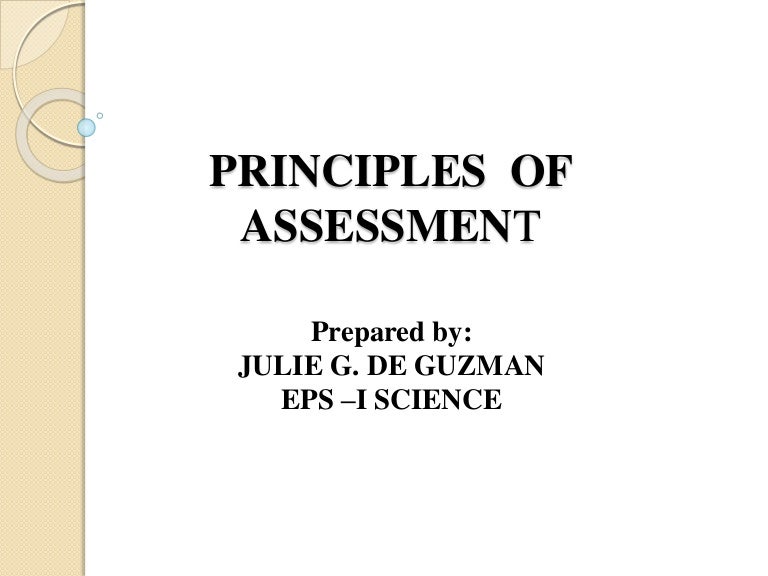
Principles of assessment

Principles of Assessment Educational Assessment Validity (Statistics)

Principles of Assessment in 2022 Reading strategies anchor charts, Values education, Academic
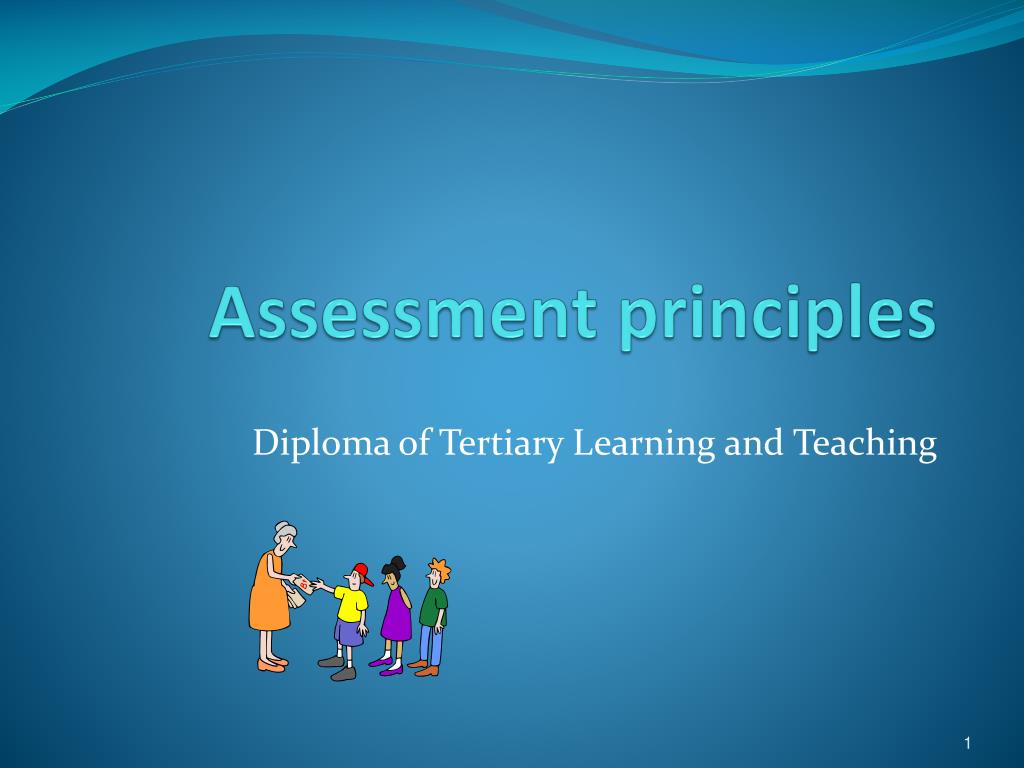
PPT Assessment principles PowerPoint Presentation, free download ID3735299

6 Key principles of assessment YouTube

Palliative cardiovascular care The right patient at the right time Sullivan 2020 Clinical

Four Learning Theories Behaviorism, Cognitivism, Constructivism and Connectivism Jack's Notes
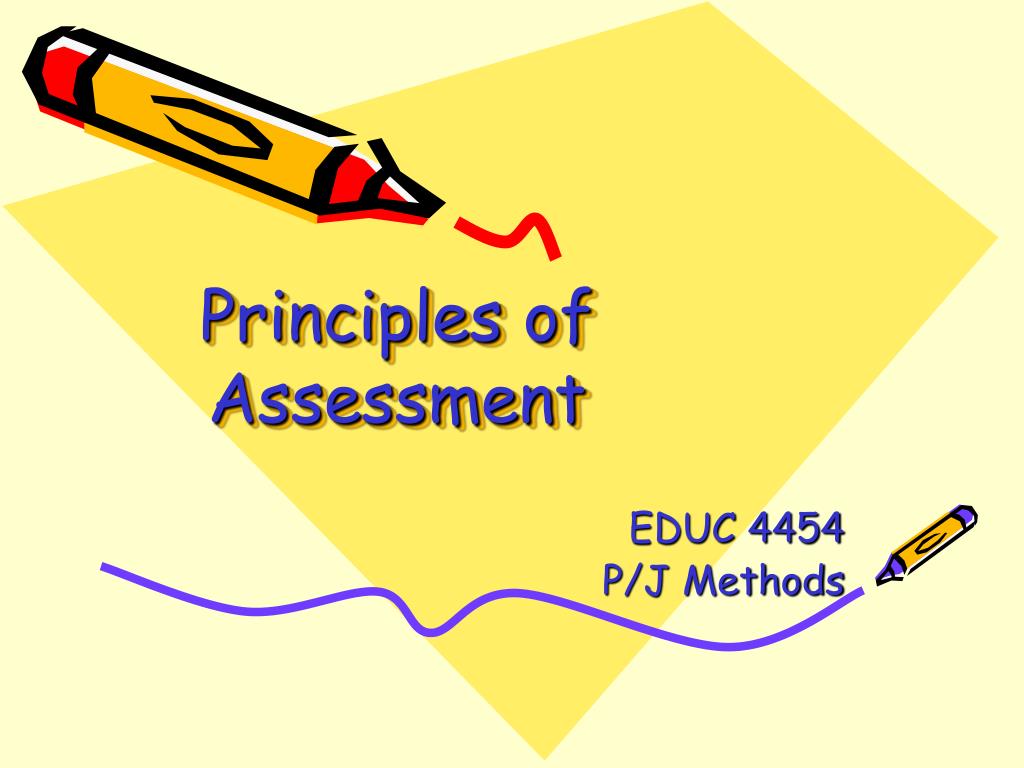
PPT Principles of Assessment PowerPoint Presentation, free download ID6411363

7 Assessment Strategies That Put Aside Paper and Pencil LearningFocused

eFundi SEFF 421 11 P 2023 Overview

What are the 4 principles of assessment?
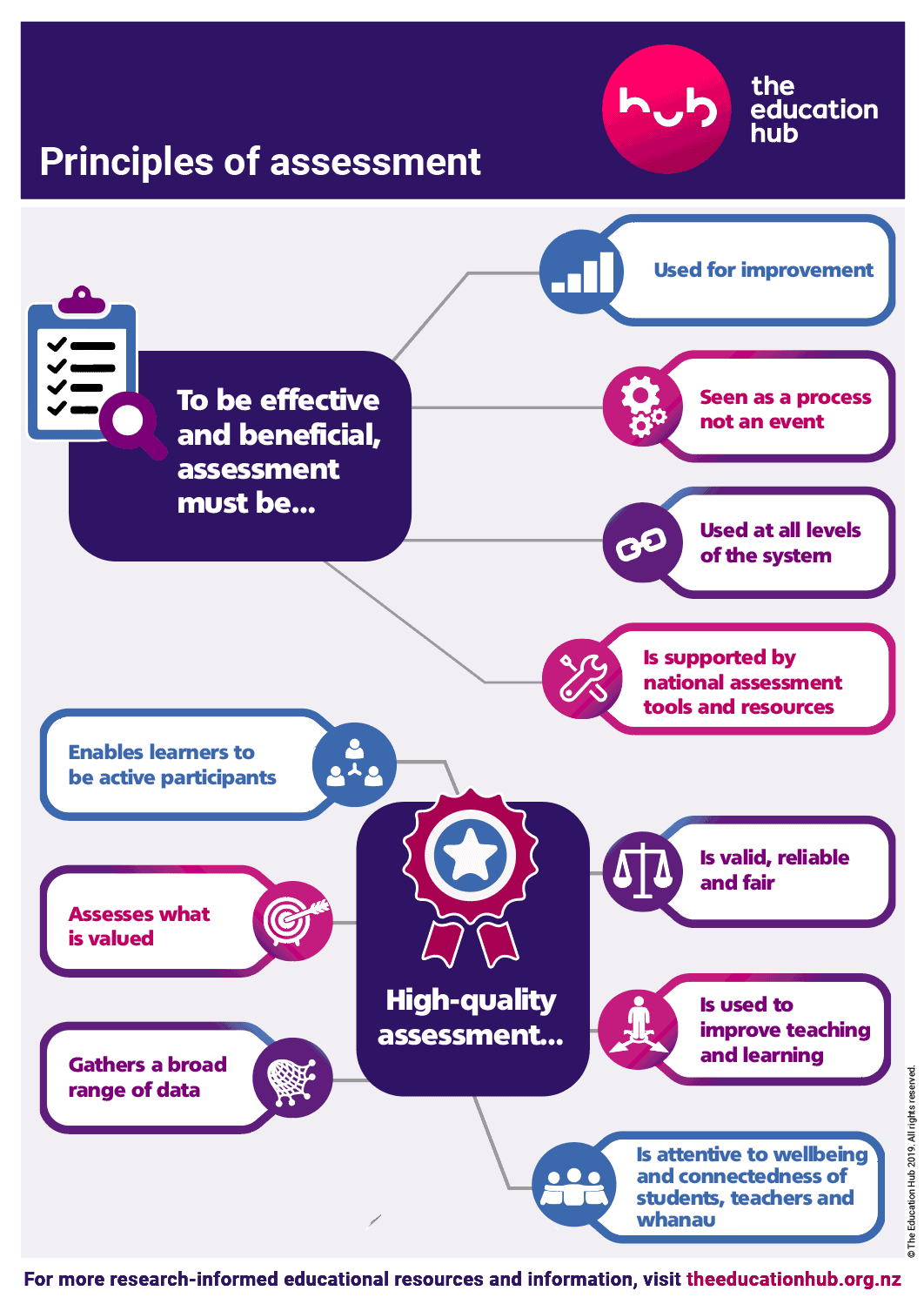
Principles of assessment infographic THE EDUCATION HUB

1.2 The key concepts and principles of assessment
Abstract. In this chapter, basic concepts about the assessment are explained, starting with a brief historical overview. Then, types of assessment (formative and summative) and assessment methods (written and performance-based assessments) are outlined. Finally, the criteria that make an assessment good, including validity, reliability, cost.. The five principles of good assessment emphasize the importance of: - Validity: Ensuring the assessment measures what it intends to measure. - Reliability: Consistency in assessment results, regardless of time, place, or examiner. - Manageability: Designing assessments that are practical to administer and grade.